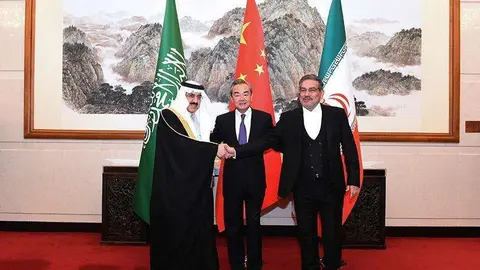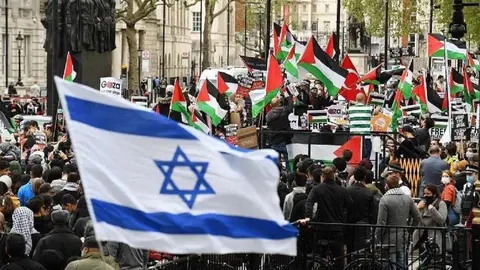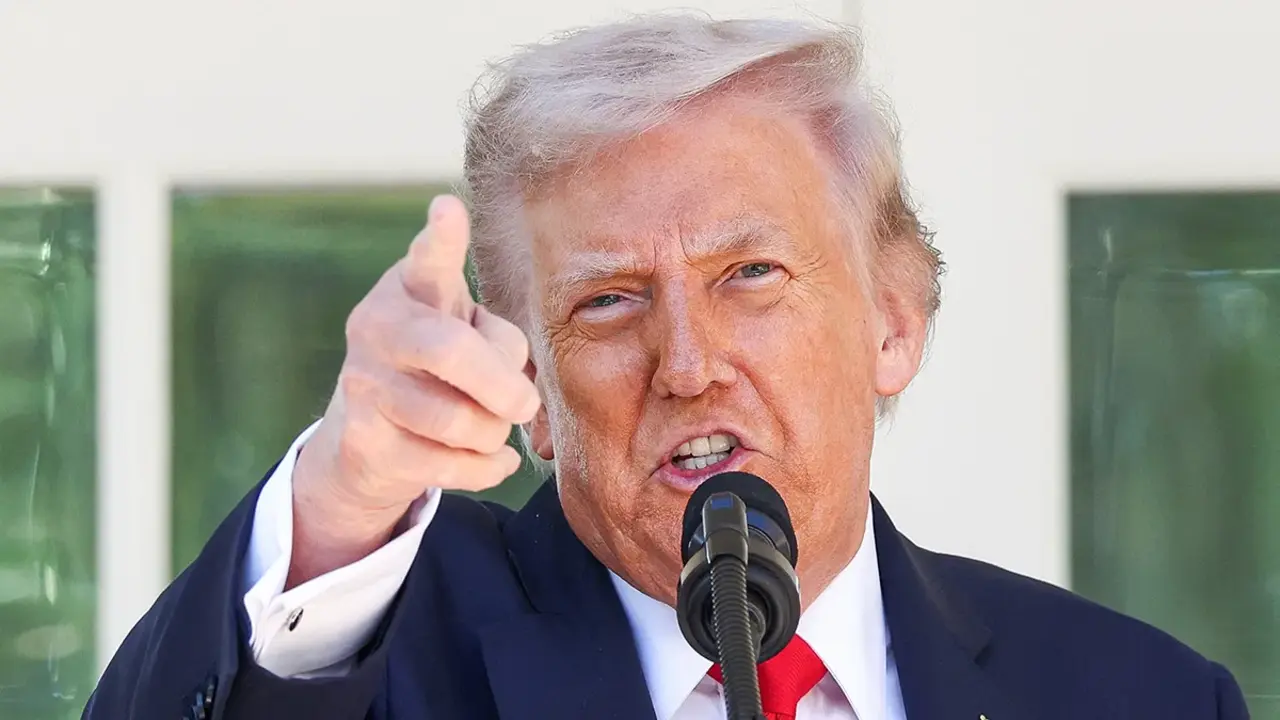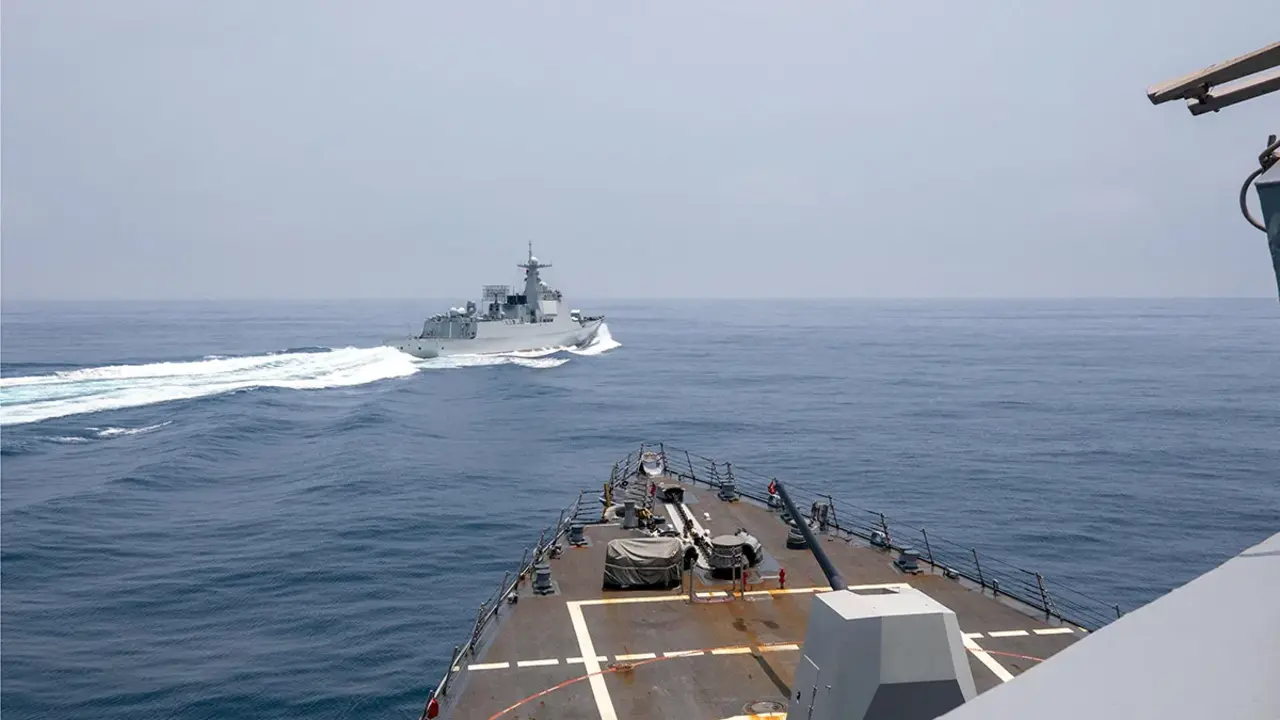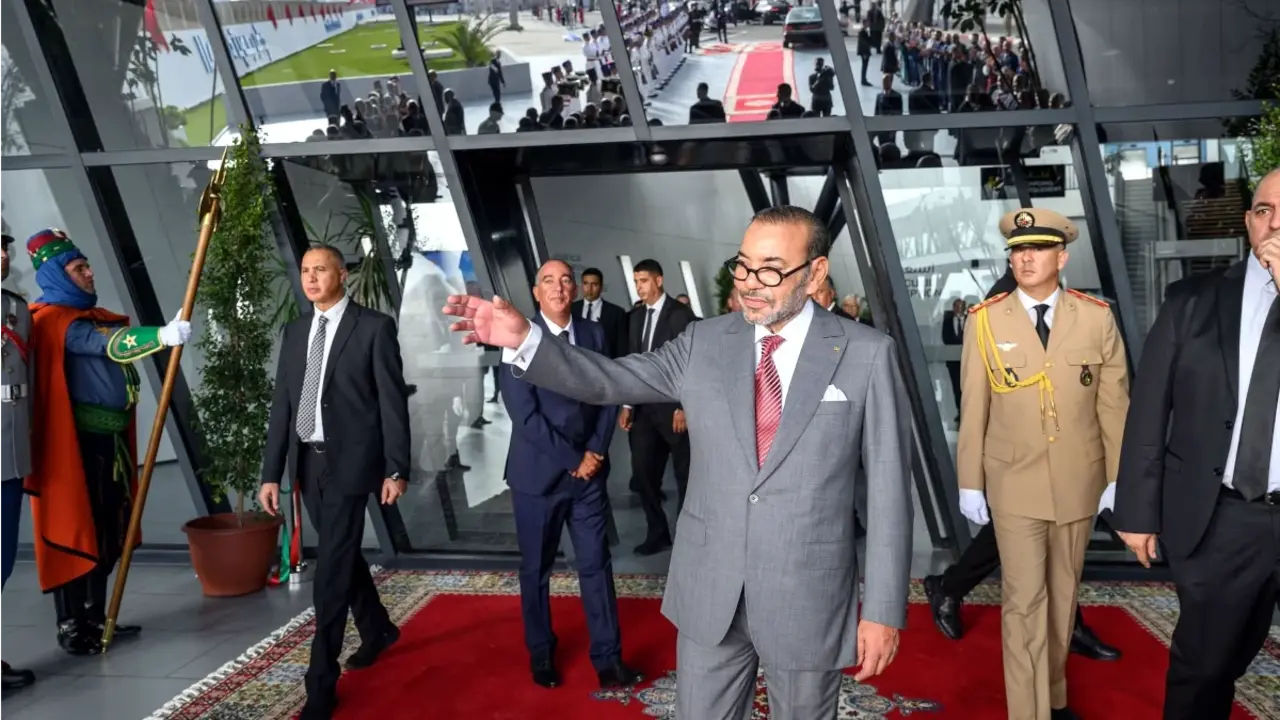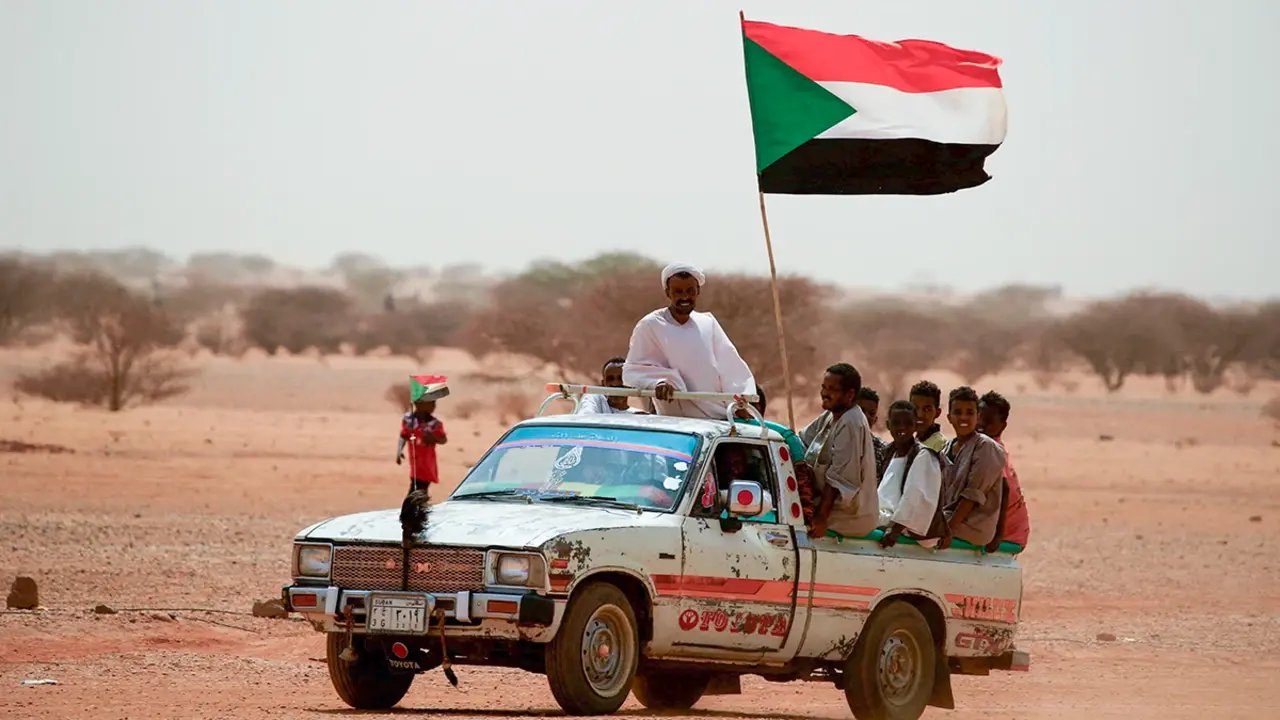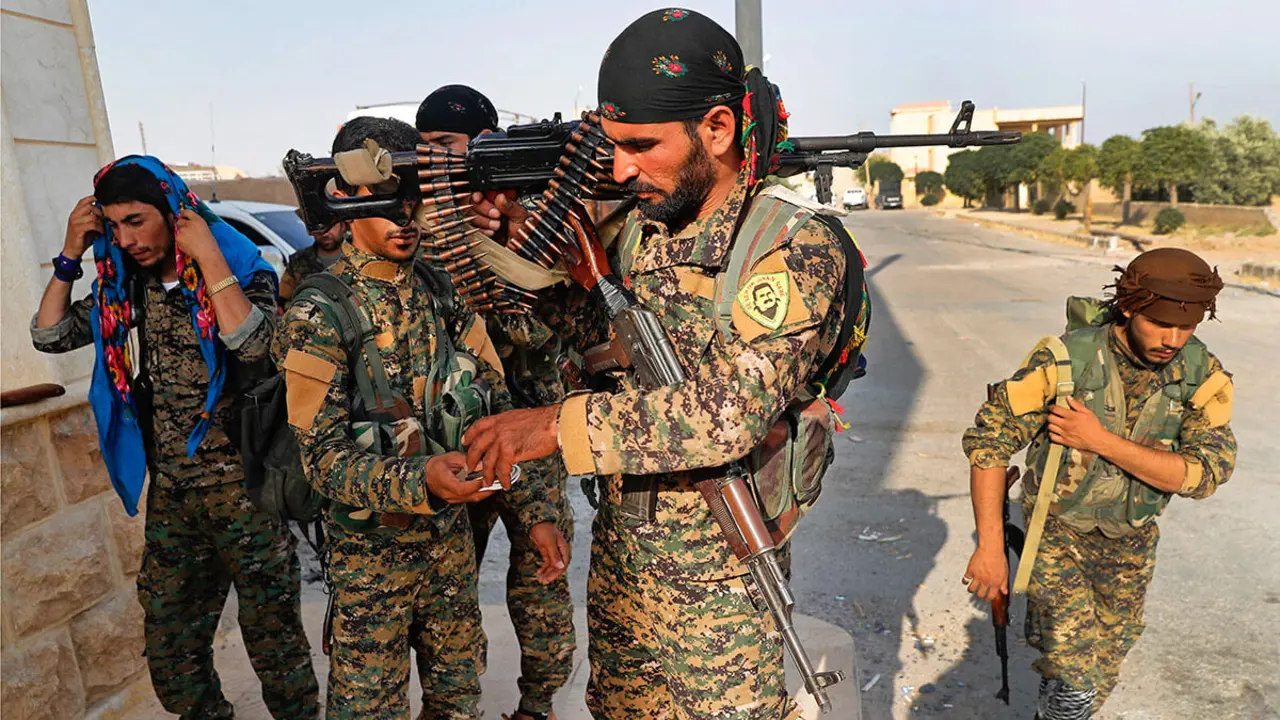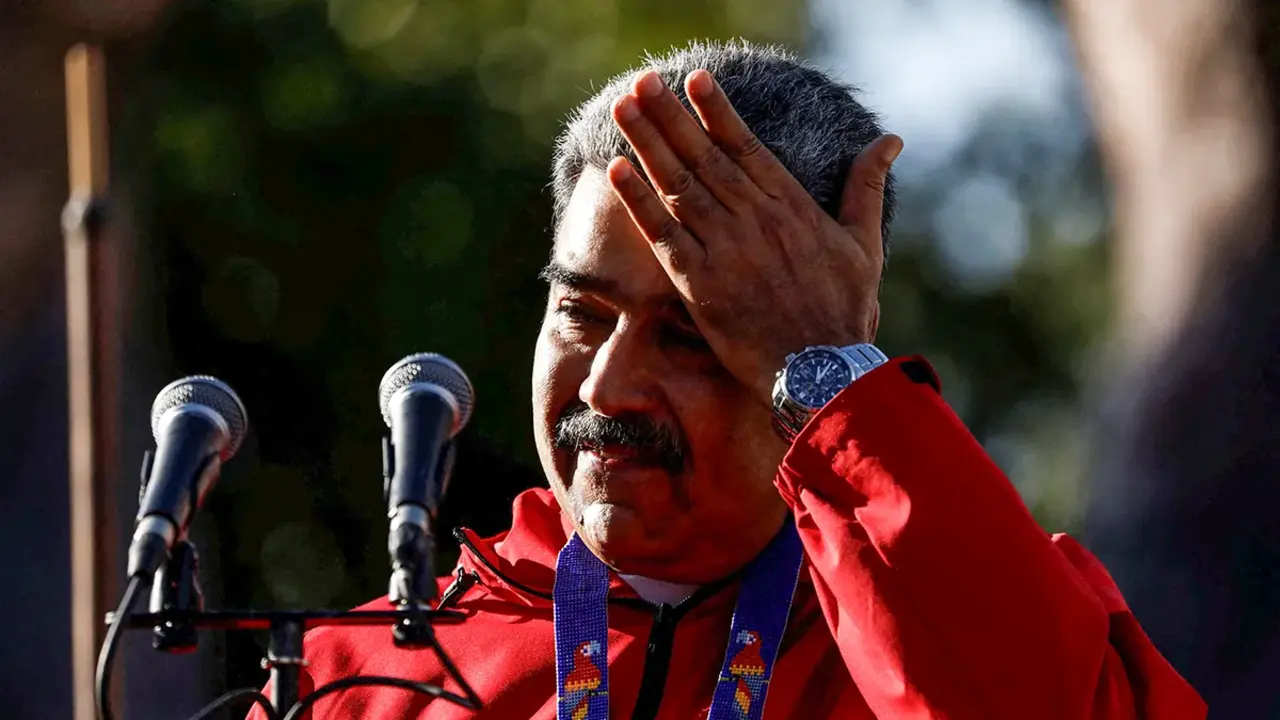Iran's political moves vis-à-vis its international interests

The Islamic Republic of Iran could be making remarkable political moves in order to achieve political gains in the international arena that will bring it benefits on important issues such as the return to the Nuclear Pact or how to avoid further international isolation.
There are currently two issues that are presumed to be very important for the regime of the ayatollahs: the return to the Nuclear Deal after the break-up and exit from it of the past US administration of Donald Trump, and avoiding further political isolation in the Middle East.
Iran's interest in allowing the development of its atomic programme, which was once controlled in order to avoid the development of possible nuclear weapons, and to avoid suffering damaging political and economic isolation has led to strategic moves aimed at better positioning itself on the international chessboard. Among the latter strategies are the latest political rapprochement towards one of its great regional rivals, Saudi Arabia, and greater control over organisations that act under its guidelines in hotspots in the Middle East, such as Hamas and Islamic Jihad, in order to limit their actions and avoid further escalation of tension, mainly with Israel.
For years, Iran has been characterised by the use of like-minded groups, mainly of the same Shiite tendency as the Persian nation, to meddle in the internal affairs of other countries and obtain various benefits, as in the case of Hamas in Palestine, the Houthi rebels in Yemen's civil war, the Popular Mobilisation Forces in Iraq, Hezbollah in Lebanon and Liwa Fatemiyoun in Afghanistan.

Important meeting in Tehran
Iran could now be regulating the activity of Hamas and Jihad by reducing the activity of these groups in order to make this behaviour look good in the international community, as it means a respite for Israel, the main target of all kinds of offensives by Hamas and Jihad, the main Palestinian armed groups in the region.
According to various media outlets, such as Al-Arab, the Islamic Republic has reportedly given orders to these two political-military groups to calm down and lower their level of intervention against Israel until further notice. This follows a sharp escalation of tension and clashes between Palestinians and Israelis in recent days. Thus, a few days ago, Iran may have sent a signal that it wants to de-escalate the continuing escalation against the Israeli state by persuading Hamas and Jihad to exercise restraint and reduce military clashes in the occupied territories.

Thus, the recent meeting of Hamas leader Ismail Haniyeh and Islamic Jihad leader Ziyad al-Nakhalah in Tehran may not have been about escalating violence, cooperation with Palestine or a direct clash with Tel Aviv, with several tendencies pointing to a desire to establish a relative calm conducive to Iranian interests in the region, according to media outlets such as Al-Arab and The Arab Weekly. Iranian President Ebrahim Raisi received Islamic Jihad chief Ziyad al-Nakhalah, while Hamas leader Ismail Haniyeh held talks with Ali Akbar Ahmadian, the newly appointed secretary of the Supreme National Security Council (SNSC), before meeting with other senior officials.
According to various media reports, Haniyeh and Al-Nakhalah reportedly received directives related to sending a message to Hamas and Islamic Jihad that Tehran's new commitments and interests, recently closer to Saudi Arabia and intent on restoring the Nuclear Deal, must be taken into account.

Although other official versions also wanted to give the impression that Iran maintains a certain hard line on the Palestinian issue and Israel. According to the Iranian president's office, Raisi told Al-Nakhalah that Israel was seeking to establish strong diplomatic ties with more Arab and Muslim countries "to discourage young Palestinians from seeking liberation of the occupied territories", while also supporting Palestinian "resistance" against Israel.

Iran could seek to exert its influence on Palestinian resistance movements to achieve its own interests, especially with regard to Israel. The Israeli state carries a lot of weight in the international arena, firstly because it is a historical partner of the United States, and also because it is one of the protagonists of one of the great milestones of international diplomacy in recent years, namely the signing of the Abraham Accords, which were sponsored by the last US administration of Donald Trump and which meant the establishment of diplomatic ties between various Arab countries such as the United Arab Emirates, Bahrain and Morocco, and Israel, a historic event given the importance of the Hebrew country in the Middle East region and the animosity it arouses among different Arab sectors, especially over the Palestinian question and the longed-for solution to the conflict in areas such as Gaza and the West Bank, where clashes between Arab and Israeli factions have been the norm for years. At this point, the struggle continues for a negotiation that would lead to a satisfactory understanding for both Palestine and Israel. Many speak of the solution of establishing two peacefully cohabiting states, but political understanding is still a long way off.
The Abraham Accords marked an important turning point in relations between countries that have something in common: the view of the Islamic Republic of Iran as a destabilising element in the Middle East due to its interference in the affairs of other countries and its political hostility. The regime of the Ayatollahs has been singled out by several analysts for its interference in the internal affairs of different countries through the activity of militias or political groups of the Shiite tendency, of which Iran is the great standard-bearer, as opposed to the Sunni tendency, whose main symbol is Saudi Arabia. It may now be in the Persian country's interest to avoid the isolationism to which it could be driven by the contacts and good relations that now exist between Israel, Iran's bitter enemy, and important Arab countries in the region.

Indeed, Iran has also opened up to Saudi Arabia despite the historical confrontation between the two opposing tendencies of Islam. Recently, the Islamic Republic and the Saudi kingdom agreed to re-establish diplomatic relations, broken by Riyadh in 2016 after the attacks on their diplomatic offices in the Persian country, right in a dynamic of confrontation for supremacy and regional leadership between the two main stalwarts of the two main branches of Islam, Sunni and Shia. The agreement between the two Middle Eastern Shi'a and Sunni powers was concluded in China, where the two sides were holding negotiations with Beijing's support, and the two countries decided to resume diplomatic relations and reopen their respective embassies.

Tehran has sought to avoid further escalation in the Palestinian territories and has moved closer to Saudi Arabia in order to avoid situations that would put it at greater political disadvantage. Moreover, it has resumed ties with the Saudi kingdom so that it cannot be affected on the international stage and also with a view to negotiations on the Nuclear Agreement.
The return of the Iran Nuclear Deal is a question mark. The Joint Comprehensive Plan of Action (JCPOA) was the pact agreed in 2015 to limit Iran's atomic development with the aim of preventing the weaponisation of its nuclear programme in exchange for political and economic benefits. The US government of Donald Trump pulled out of the pact in 2018, alleging non-compliance by the Persian country on issues such as uranium enrichment, and imposed harsh economic sanctions, particularly those related to oil, a major source of income for the Asian country.
The Ayatollahs' regime responded harshly with more severe breaches of the limits of its atomic programme and actions such as blocking the Strait of Hormuz, one of the world's main commercial transit routes for crude oil.
After these tense situations, talks to restore the agreement were recently resumed, with good intentions, especially on the part of the European countries involved in the JCPOA, although the United States has continued to maintain its reservations about Iran's intentions, even with the new US government under Joe Biden, as various spokesmen such as the US Secretary of State, Antony Blinken, have stated. The US government is wary and is closely monitoring the inspections by members of the International Atomic Energy Agency (IAEA) who are trying to check Iran's nuclear facilities to ensure that they are only for civilian purposes.

Meanwhile, various reports have recently pointed out that the Islamic Republic's uranium enrichment levels are high and exceed the permitted levels, which poses a danger of the Ayatollahs' regime acquiring nuclear weapons, which would be a serious setback for the security and stability of the Middle East. Precisely at a time when the arrival of the Abraham Accords has brought about the opposite: rapprochement between important Arab countries and Israel with a view to the social and economic development of the region and to pacifying a very troubled area.
The Islamic Republic of Iran has proven for many years to be a strong ally of the Palestinians, opposing Israel, which, along with the United States, considers Hamas and Islamic Jihad to be terrorist groups. Now, certain interests may be driving a shift in key developments in the Middle East region.

